Understanding and Addressing the Administrative Aspect of Pakistan's Civil-Military Imbalance
Pakistan’s Civil-Military equation has long been unstable with repeated interruptions of the constitutional and democratic order. This monograph examines Pakistan’s troubled record of civil-military relations from the perspective of history. It holds that Pakistan’s problems are not unique while emphasizing the importance of seeing the civil component of the equation in an administrative as well as political light. While much has been written about democratic consolidation and the role of political actors in the process, this monograph’s assessment is that the overall capacity of Pakistan’s civilian state apparatus needs to be improved in order for it to deliver. The lessons from this assessment are that unless Pakistan’s civil administration is rehabilitated and reformed, no long-term improvement in civilian capacity to perform and govern effectively will happen. Even if democratic governments complete their tenures in such a content, their overall lack of performance will delegitimize democratic institutions while enabling the military to retain effective control of all key decision-making structures. Unlike a traditional historical analysis, this monograph goes beyond dissection of the problem to prescription and charts a course for Pakistan that, while firmly rooted in the experience of continental bureaucratic states, might allow for the gradual and meaningful restoration of civilian ascendancy in the Pakistani polity.
Get it now and save 10%
BECOME A MEMBER
-
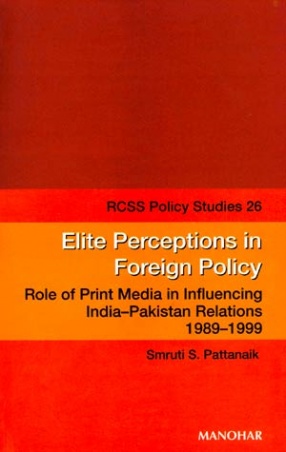
Elite Perceptions in Foreign Policy: Role of Print Media in Influencing India-Pakistan Relations, 1989-1999
-
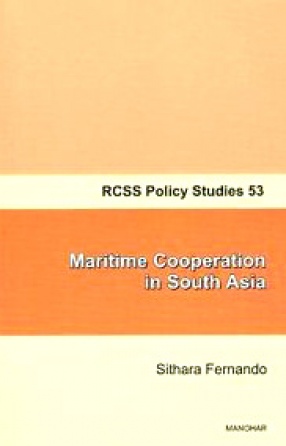
Maritime Cooperation In South Asia
-
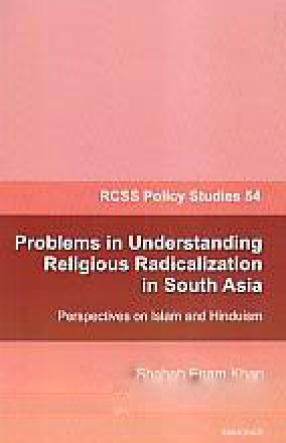
Problems in Understanding Religious Radicalization in South Asia: Perspectives on Islam and Hinduism
-
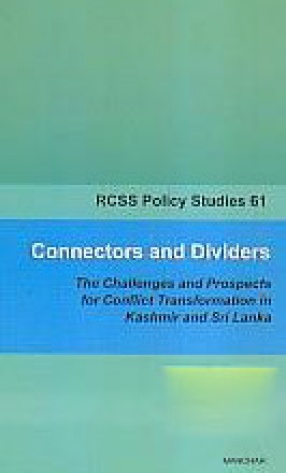
Connectors and Dividers: The Challenges and Prospects for Conflict Transformation in Kashmir and Sri Lanka

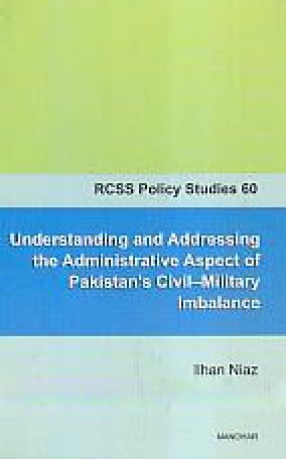
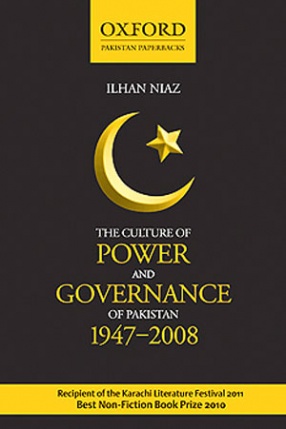

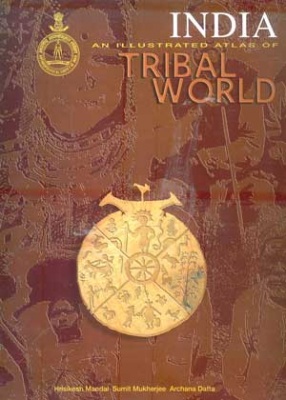
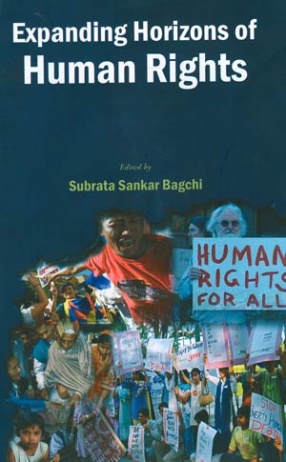
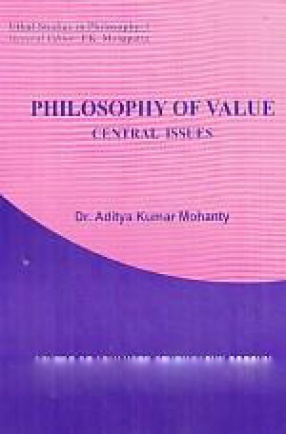

Bibliographic information